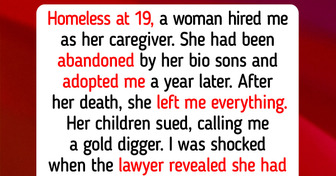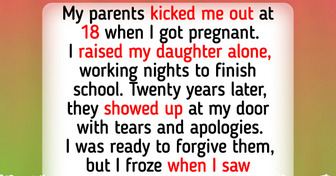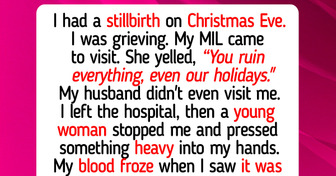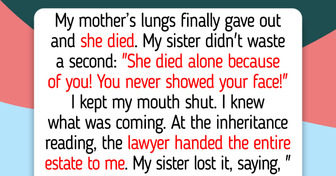12 Moments That Show Quiet Kindness Brings the World Together
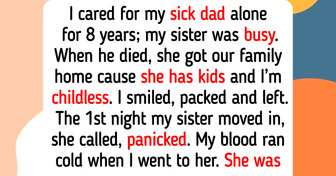
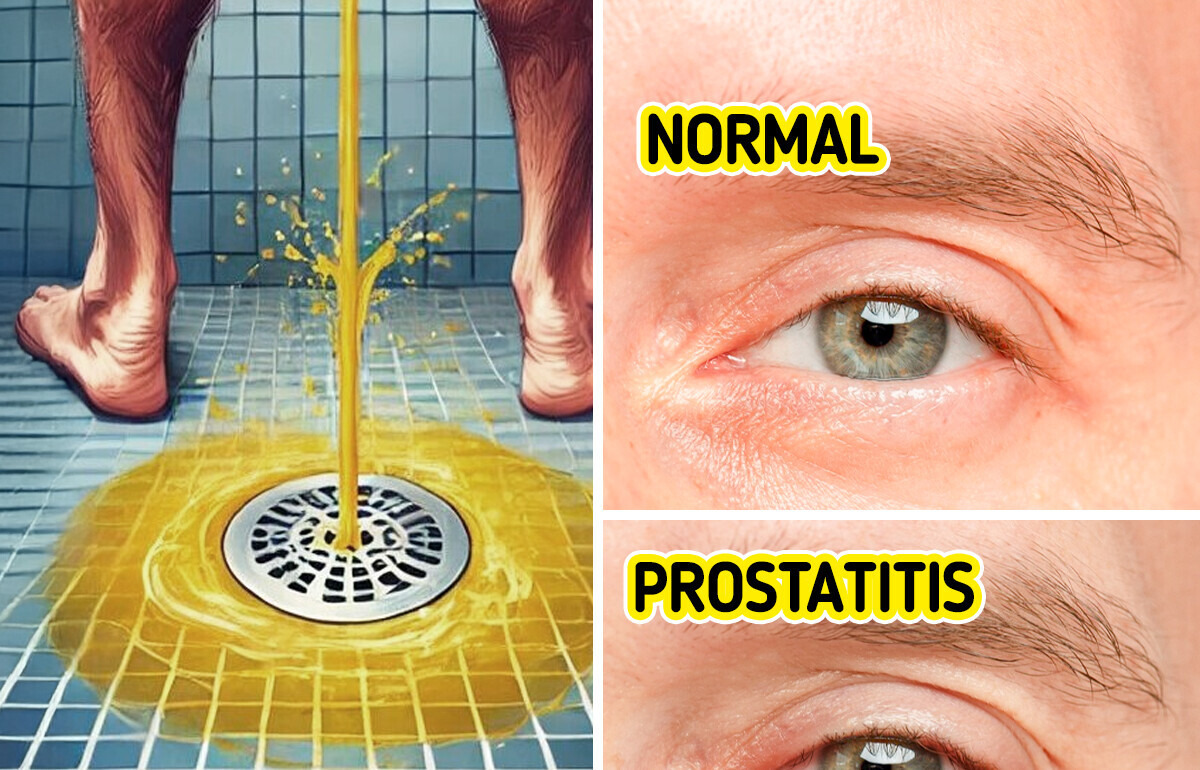
Your prostate might be small, but when something’s wrong with it, your body often tries to send you signals. From frequent bathroom trips to unexpected discomfort, prostate issues can show up in subtle—and sometimes surprising—ways. Catching these signs early can make a big difference in how they’re treated. Here are 8 warning signs that could mean your prostate needs attention.
CONTENT IS PROVIDED FOR INFORMATIONAL PURPOSES ONLY AND IS NOT INTENDED AS A SUBSTITUTE OF MEDICAL ADVICE.
SEEK GUIDANCE OF YOUR DOCTOR REGARDING YOUR HEALTH AND MEDICAL CONDITIONS.
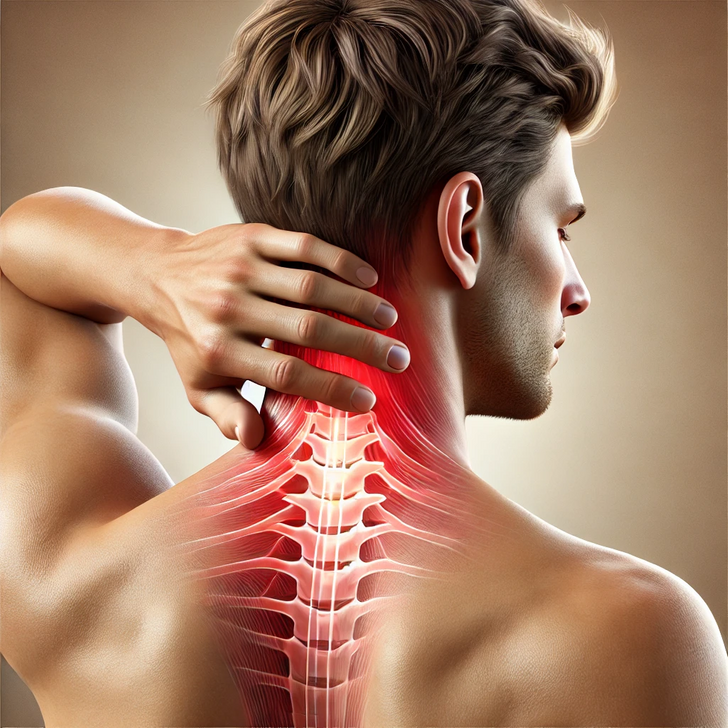
Back pain from metastatic prostate cancer may occur when the cancer spreads to the bones in the spine or back area.
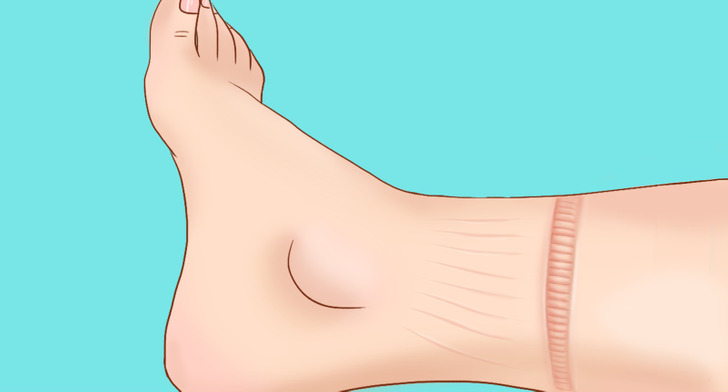
Enlarged prostate or prostate cancer pressing on nerves or lymph nodes can cause swelling in the legs or feet, or a “pins and needles” sensation.
Not just a blood flow issue—prostate inflammation or cancer can affect nerves or hormone levels tied to arousal and performance.
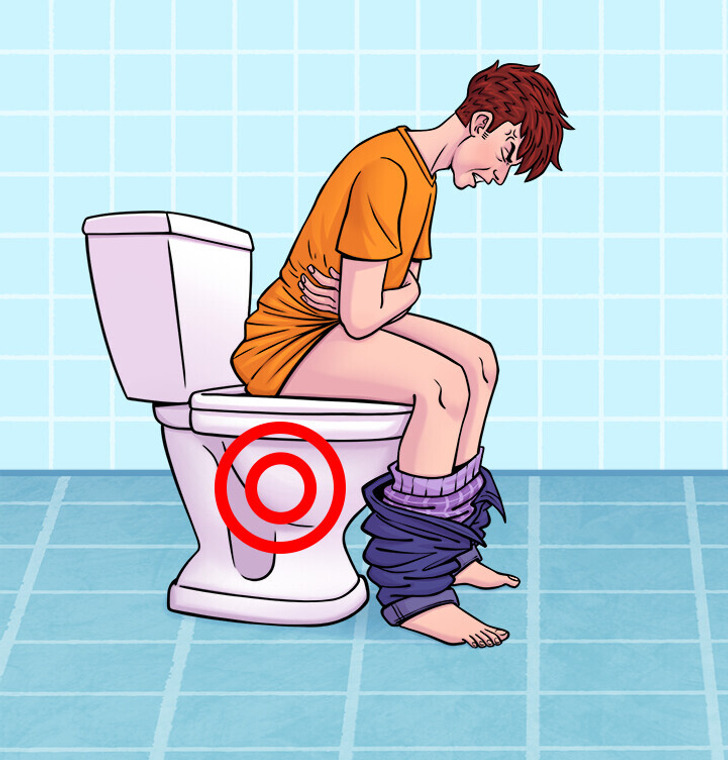
Inflammation in the prostate, known as prostatitis, can lead to a range of symptoms. These may include blood in the semen or urine, painful urination, pelvic discomfort. Prostatitis can be caused by bacterial infections or develop without a clear cause, and it may be acute or chronic.
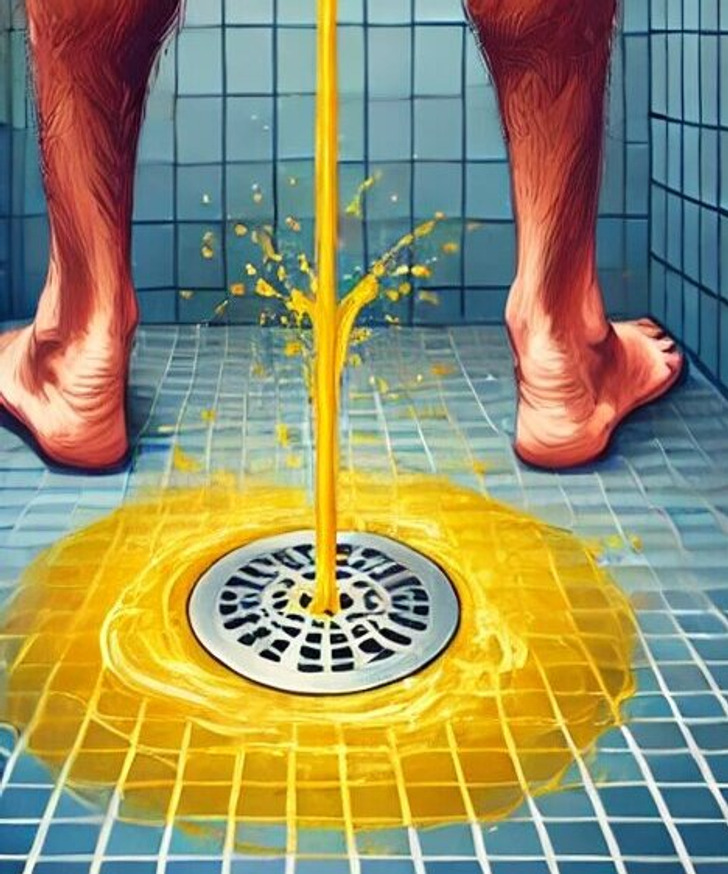
Weak stream, stop-start flow, or feeling like the bladder isn’t emptying—even if there’s no pain—could mean an enlarged prostate, which is called BPH.
It could indicate prostatitis, even if urine tests come back clear.
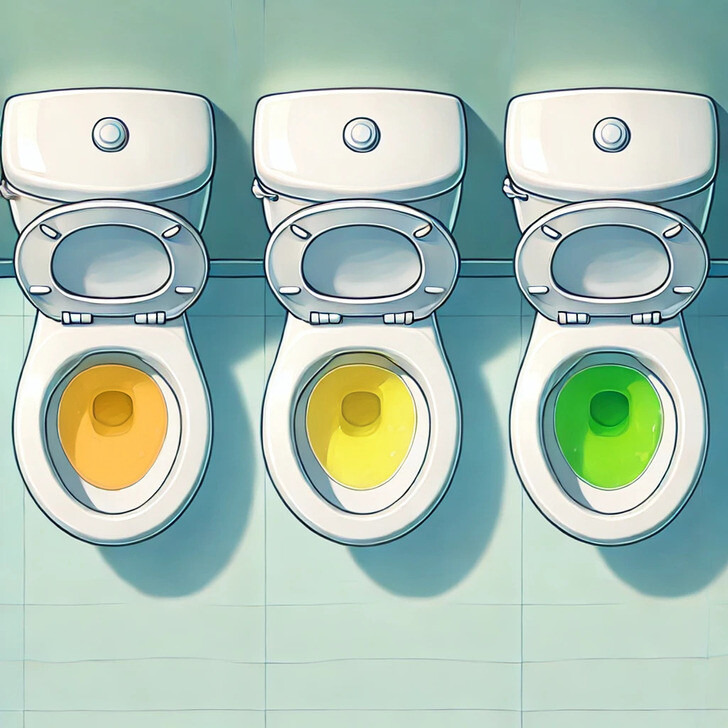
Prostatitis can affect men at any age, though it’s more common in younger and middle-aged men. Symptoms may include frequent urination, and sometimes fever and chills if an infection is present. Diagnosis is usually based on your symptoms, along with tests of your urine and semen to check for signs of bacteria or inflammation.
It can be seen in Reiter’s syndrome (reactive arthritis), which can be triggered by prostatitis-related infections like Chlamydia. Classic triad: arthritis, conjunctivitis, and urethritis.
Paying attention to these early warning signs can help you take action before problems get worse. If you notice any of them, don’t wait—talk to your doctor and get checked.

